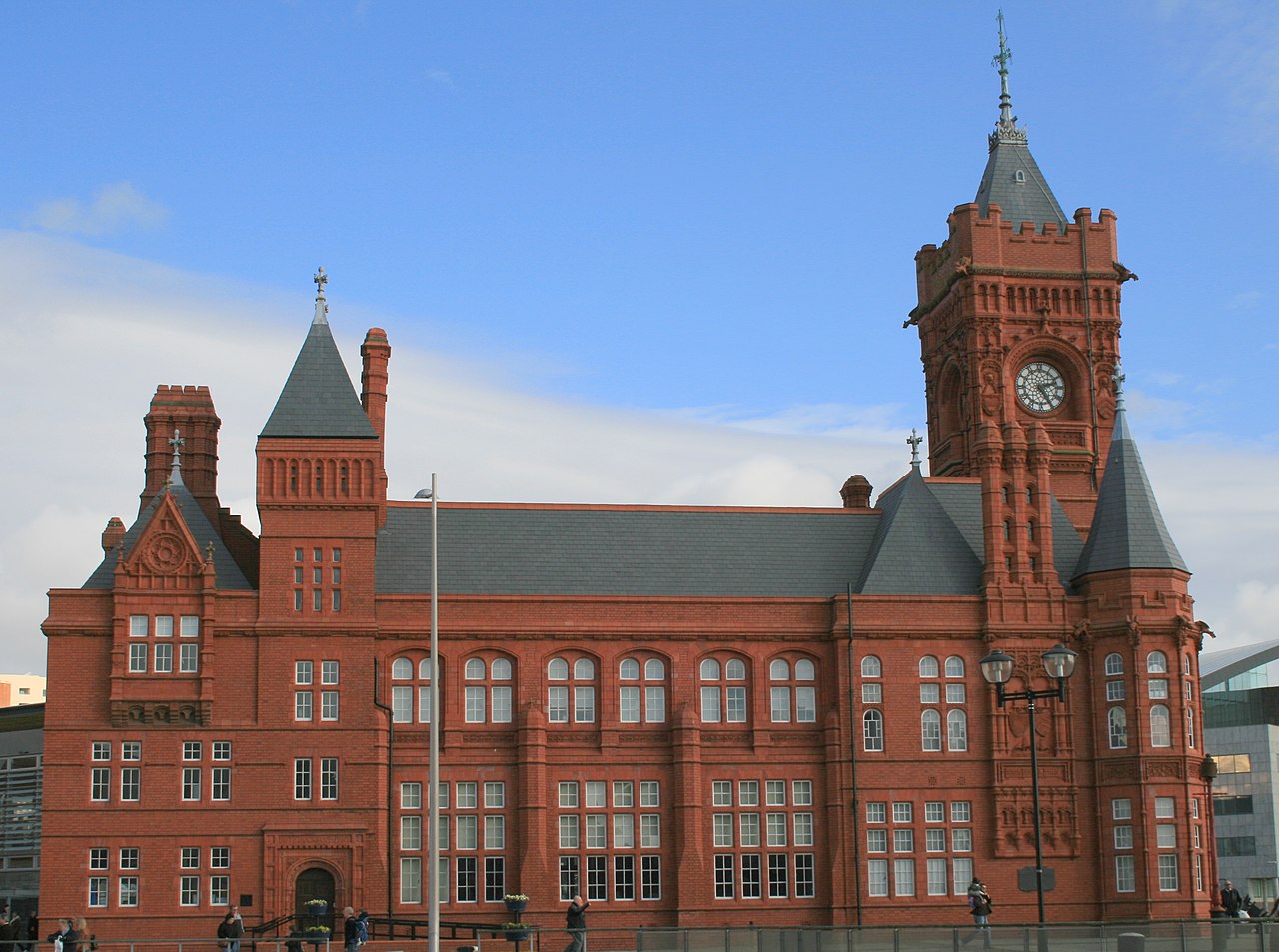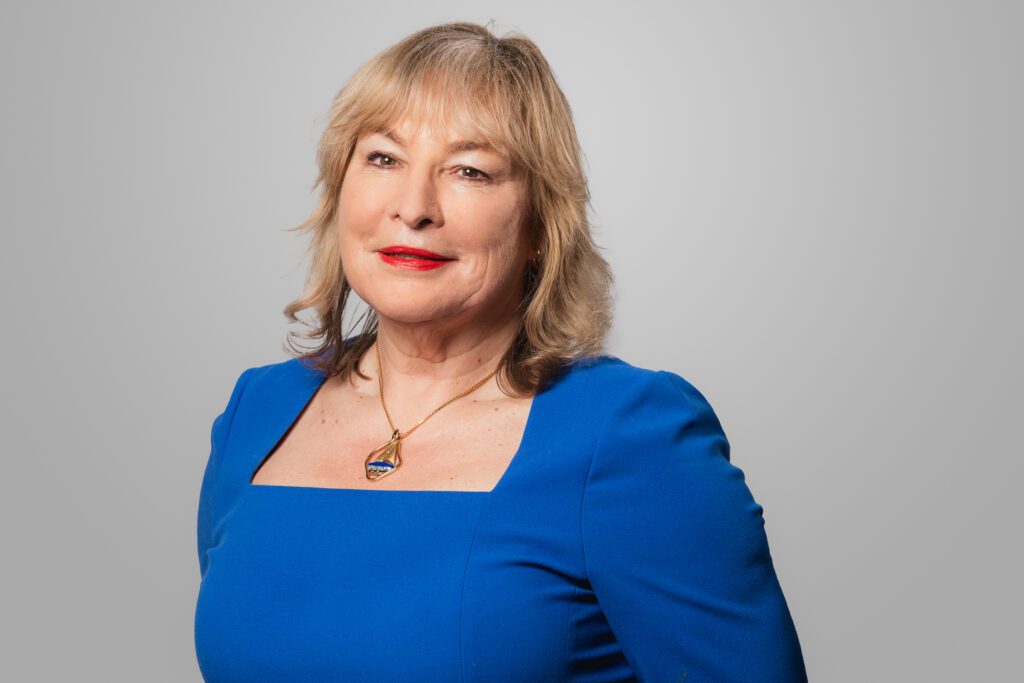New VisitBritain CEO Wants Visitors to Explore Beyond London

Skift Take
The United Kingdom is poised for a tourism boom in 2023, a welcome development for a country that has struggled to make a complete recovery from the pandemic. And VisitBritain CEO Patricia Yates has big plans to boost visitor numbers even more, especially outside of popular destinations like London and Oxford.
Skift spoke to Yates during her recent visit to New York City. Yates, who previously worked as VisitBritain's strategy and communications director before being named CEO in 2022, touched on the country's tourism rebound, VisitBritain's aim to promote lesser known destinations and challenges the organization faces. The comments have been edited for length and clarity.
Skift: Your numbers indicate overseas visitor spending in the UK for 2023 forecasted at $35.8 billion (£29.5 billion), up 4 percent from the all-time spending high of $34.5 (£28.4 billion) in 2019. It is also predicted that there will be 35.1 million inbound visits to the UK, 86 percent of 2019 levels. Are you surprised visitation came back as quickly as it did?
Patricia Yates: These are robust numbers. In total, visitor numbers up to around 90 percent. I should say, though, America is just bucking all the trends. America was up 40 percent by value last year, let alone this year. And part of the reason I'm in New York is to sort of test the temperature in America. Is this a post-Covid blip? Are we going to see this continue?
And I have to say, the mood I have seen in the room is that this is here to stay, and people are having their best year. Plus, we have new hotels coming in. We have so much five-star investment going into London — Raffles, Rosewood, Waldorf Astoria, and the Peninsula to name a few.
Britain has a great story to tell about luxury because we have history and heritage. But we are also irreverent, and there's that modern twist, "How do you interpret luxury in the new age?"
Skift: Are these numbers on the higher side due to inflationary pricing? Was there an uptick due to the pound weakening to the dollar?
Yates: We did see an uptick when the pound weakened against the dollar. And people do tend to budget in their own currency when they travel. But we are also seeing that people are spending more and staying longer, and that's a really good trend to see because we're trying to drive regional spread. We know that people want an experience in travel, they want to really get under the skin of a destination, and that means taking a little more time, going to different destinations, taking time to eat in the restaurants, seeing the local producers, talking to local people, going to the local pub, and really get to know what a local area is like.
Skift: Do you feel that's more a trend post-Covid, that people want to get to the heart of a destination?
Yates: I think it is. People want connection, and they want a reason to travel. And it's not the ticking places off a list. It's a desire to really understand the world around you, I think, that we've seen since Covid.

Skift: You have been with VisitBritain since 2005 and became CEO in 2022. What are your top corporate priorities?
Yates: The first one is to drive value back as quickly as possible. And you can see that in our investment in markets. America has our biggest investment at the moment. We're also investing in European markets, so France, Germany, and Spain. And we've just restarted investment in the (Gulf Cooperation Council), which obviously has good historic links with Britain and really good airlift. We're not investing heavily in markets like China, which pre-Covid, would've been a slam dunk. Rebuilding Asian markets will require airlines to increase flights and seat capacity. None of us are flying over Russia at the moment. So, getting to China is much more expensive and a much longer route. And with transatlantic booming, why wouldn't you put your flights into America rather than looking at China? We are really focused on where we're going to drive back value.
Another important priority is to support the industry. We are skilling up, particularly in digital areas, to help people understand how you reach an international audience. We offer education to help people get there.
And we are telling the story of lesser known Britain, getting people to different destinations at different times of the year, to really spread the economic benefits. And we are making sure that tourism is a positive for the visitors, and it's a positive for the industry, and it's a positive for local residents as well. And I think that's the synergy that, as a mature tourist board, we want to have.
We have history and heritage, which many other destinations can boast. As a tourist board, we want people to come now. Britain is one of those destinations that people think they know. They see Downton Abbey and Bridgerton on their television, and they think, "I know that destination." We are thinking about new places and new ways that we can excite people and get them to travel.
And then, the jewel in the crown is London. Everyone wants to go to London. It is one of the world's great cities. But 50 percent of our international visitors don't go outside London. So, how do we spread that economic wealth across the country? And how do we get people to understand that London isn't Britain?
And that, in a very small country, if you're comparing it with America, you can have such amazing experiences in a very small geography. And you can go to Scotland and have a very different experience than you would have if you went down to Cornwall.
If you go to Wales, it's a country in its own right, with its own language.
We are also looking at our digital and data capabilities, building up the data from the private sector and our partners, layering that up so that we have a picture of what it looks like now, and what it looks like in the future.
So, we've got the immediacy of value now, and the setting ourselves up for the future in the transformation program.
We are also looking at the structure of tourism bodies across England. There was a review that suggested that they should come together. At the moment, we've got about 200 to 300. As a national body, that's impossible to work with.
The question is, how do we encourage people to come together to about 30 to 40 that we can work with? That really engage at a local level; that are more than destination marketing organizations; they are really managing their destination as well.
Skift: How do you drive that broader reach and opportunity now? How do you decide what to focus on?
Yates: There are two main pillars. The “Why should I go?” and the “How do I get there?”
Being great storytellers, we focus on what people are interested in, whether that's castles, food, adventure, or the countryside. Telling stories about the local area and the people makes people want to travel. In some ways, social media makes that easier, because you can have more granular stories. Then there is practicality. Explaining how you can book and how you can travel. We work with the travel trade and travel agents in America to ensure that we are getting itineraries packaged.
Skift: How has Brexit impacted things?
Yates: Brexit and Covid happened about the same time, so it's been really difficult to untangle what was what. The government policy on borders is that everyone should have a passport, and not everyone in Europe has a passport. Where there is a particular difficulty is on school trips. The mood in Europe has changed because we are all allies in Ukraine. It’s actually hard to remember what it was like before Ukraine. But where there might have been friction, I think we are all allies now.




